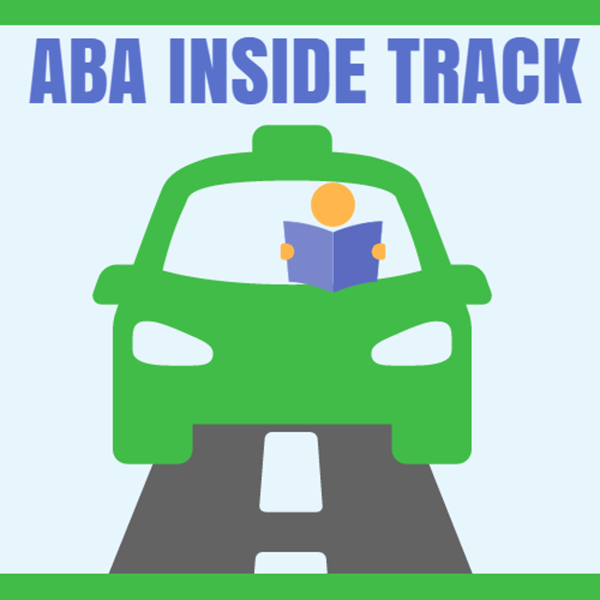Bonus Episode 28 - Board Game Educational Programs w/ Dr. Jon Freeman
ABA Inside Track
Robert Parry-Cruwys
4.6 • 623 Ratings
🗓️ 8 June 2022
⏱️ 58 minutes
🧾️ Download transcript
Summary
Board games are so hot right now, but that doesn’t mean their only purpose is to entertain us. I had the opportunity to chat with Dr. Jon Freeman, neuroscientist turned store owner, about how his passion for learning and games created fascinating avenues for skill development through his store’s after-school programs. Dr. Freeman explains how using neuroscience and patterns of play in common games has led to some interesting gains, and how programs like these might benefit our learning. Plus, Rob just chats about favorite board games for a bit!
Interested in seeing some programs in action? Check out Dr. Freeman’s store The Brooklyn Strategist in Brooklyn, New York.
Works discussed this episode:
Transcript
Click on a timestamp to play from that location
| 0:00.0 | Hey everybody. Welcome to ABA Inside Track, the podcast that's like reading in your car but safer. |
| 0:19.6 | I'm your host Robert Perry Cruz doing a |
| 0:21.9 | solo bonus episode this week. Now typically on the show, we have a topic related to behavior |
| 0:28.2 | analysis. We discuss some relevant research articles in depth and then come up with some general |
| 0:32.3 | strategies for practitioners. But sometimes because, you know, at the end of the day, |
| 0:36.7 | point of this podcast for us was always to share research and have fun talking about it, we come upon a topic that might not fit that model. And we do one of these bonus episodes. Sometimes they're live events. Sometimes they're just sort of discussions. And this is one kind of in that latter category where just like Skinner says, if you find something interesting, |
| 0:54.5 | drop everything and learn about it. Well, I was recently doing some, you know, recovery in bed. |
| 0:59.1 | I was a little under the weather. And I was reading a book that my mother had gotten me |
| 1:03.5 | for Christmas called It's All a Game by Tristan Donovan. And there was a chapter in the book all |
| 1:08.5 | about this history of board games where Mr. Donovan was |
| 1:12.2 | discussing an interview he had with a gentleman who ran a game store and ran after-school |
| 1:16.4 | programs in which the games chosen were meant to sort of model and follow developmental levels. |
| 1:24.7 | And he was noticing lots of different patterns in terms of what games different children were good at, how they learned certain strategies related to games, maybe |
| 1:31.5 | say executive functioning or planning skills, and how even some, you know, children with |
| 1:36.3 | learning disabilities or with kind of neurodiverse groups, we're starting to, you know, see benefits |
| 1:42.1 | from playing some of those games. And I immediately thought that sounds super awesome. |
| 1:45.9 | It sounds very in line with our goal here to increase knowledge about all sorts of |
| 1:50.7 | learning as well as to build bridges with other individuals. |
| 1:54.0 | And even better, the individual who ran this store had been before opening the store, |
| 1:59.7 | a clinical psychologist and it worked in |
| 2:01.9 | neuroscience research. So it seemed very much in line with some of the guests that we have on |
| 2:06.4 | the show. And I reached out and was very, very happy to get a positive response from this, |
... |
Please login to see the full transcript.
Disclaimer: The podcast and artwork embedded on this page are from Robert Parry-Cruwys, and are the property of its owner and not affiliated with or endorsed by Tapesearch.
Generated transcripts are the property of Robert Parry-Cruwys and are distributed freely under the Fair Use doctrine. Transcripts generated by Tapesearch are not guaranteed to be accurate.
Copyright © Tapesearch 2025.

